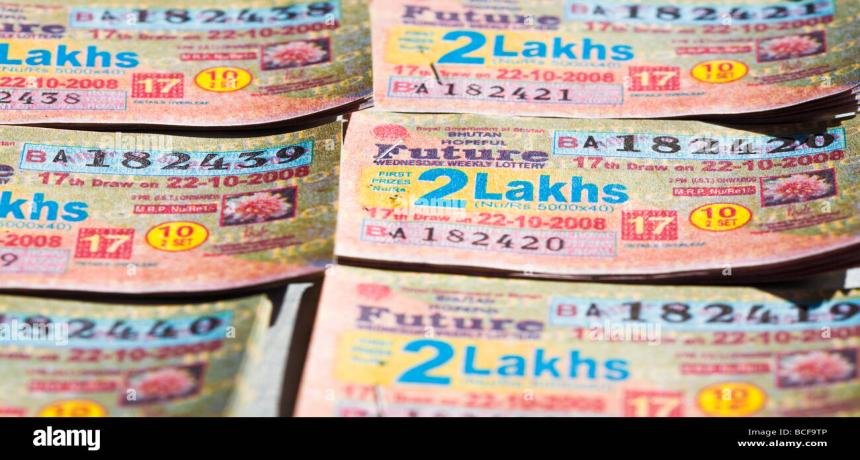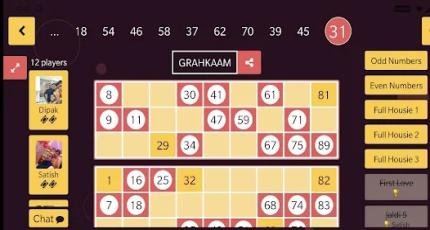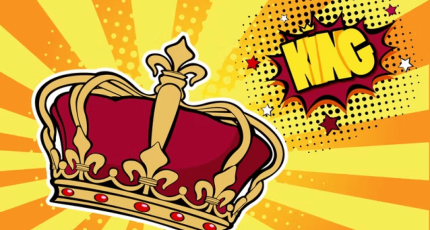
The Charm of Indian Traditional Lottery
The Charm of Indian Traditional Lottery: A Cultural Phenomenon
In the vibrant tapestry of India's diverse cultural heritage, one tradition stands out for its blend of excitement, anticipation, and community spirit—the Indian traditional lottery. This age-old practice has woven itself into the fabric of Indian society, offering not just a chance at financial gain, but also a unique way to bring people together. Let’s explore the fascinating world of Indian traditional lottery, a phenomenon that continues to captivate millions across the nation.
A Historical Perspective
The roots of the traditional lottery in India stretch back centuries. Originating as a community activity, lotteries were often organized during festivals and special occasions, where people bought tickets hoping to win prizes ranging from household items to significant sums of money. These events not only provided entertainment but also helped raise funds for local causes, such as temple renovations or community projects, fostering a sense of collective responsibility and camaraderie.
The Modern Evolution
Today, while digital technology and online gaming platforms have transformed the lottery landscape globally, the traditional lottery retains its charm and relevance in India. Government-run lotteries, such as those in Kerala, Maharashtra, and West Bengal, continue to thrive, offering a regulated and transparent system that ensures fair play and contributes to state revenues. These lotteries fund various welfare programs, including education, healthcare, and infrastructure development, demonstrating their enduring social impact.
The Lottery Experience
Participating in a traditional Indian lottery is an experience filled with anticipation and hope. The process typically involves purchasing a ticket from authorized vendors, each bearing unique numbers. As the draw date approaches, the excitement builds. People eagerly gather around radios, televisions, or community centers to hear the announcement of the winning numbers. The moment of revelation is a shared experience, often accompanied by celebrations and communal joy for the lucky winners.
Popular Lotteries Across India
Several states in India have their own popular lotteries, each with its distinct features and prize structures.
Kerala State Lottery: Perhaps the most renowned, Kerala’s lottery is known for its high payouts and regular draws. Launched in 1967, it has become a significant source of revenue for the state, funding various public welfare schemes.
Maharashtra State Lottery: Another major player, Maharashtra’s lottery offers multiple draws throughout the week, including special festival draws with bigger prizes.
West Bengal Lottery: Known for its diversity of games, West Bengal’s lottery includes daily, weekly, and bumper draws, catering to a wide range of participants.
The Social and Economic Impact
The traditional lottery in India plays a crucial role beyond just providing entertainment. It generates substantial revenue for state governments, which is then utilized for social welfare programs. For many participants, especially in rural and economically disadvantaged areas, the lottery represents a glimmer of hope—a chance to improve their financial situation and achieve dreams that might otherwise seem out of reach.
Moreover, the lottery industry supports numerous jobs, from ticket vendors to administrative staff, contributing to the local economy. It also fosters a spirit of community, as people come together to participate in and celebrate the draws, reinforcing social bonds.
Responsible Participation
While the lottery offers excitement and potential rewards, it’s important to approach it responsibly. Participants should play within their means, viewing it as a form of entertainment rather than a guaranteed income source. State governments and lottery organizations also emphasize responsible gaming practices, providing resources and support to help prevent gambling addiction.
A Cultural Legacy
The Indian traditional lottery is more than just a game of chance; it’s a cultural legacy that continues to evolve while staying true to its roots. Its enduring popularity is a testament to its ability to adapt and resonate with successive generations. Whether it’s the thrill of the draw, the joy of winning, or the sense of community it fosters, the traditional lottery remains a beloved and integral part of Indian society.
As we look to the future, the Indian traditional lottery will undoubtedly continue to captivate and inspire, offering not just the allure of winning, but also a shared cultural experience that brings people together in hope and celebration.





